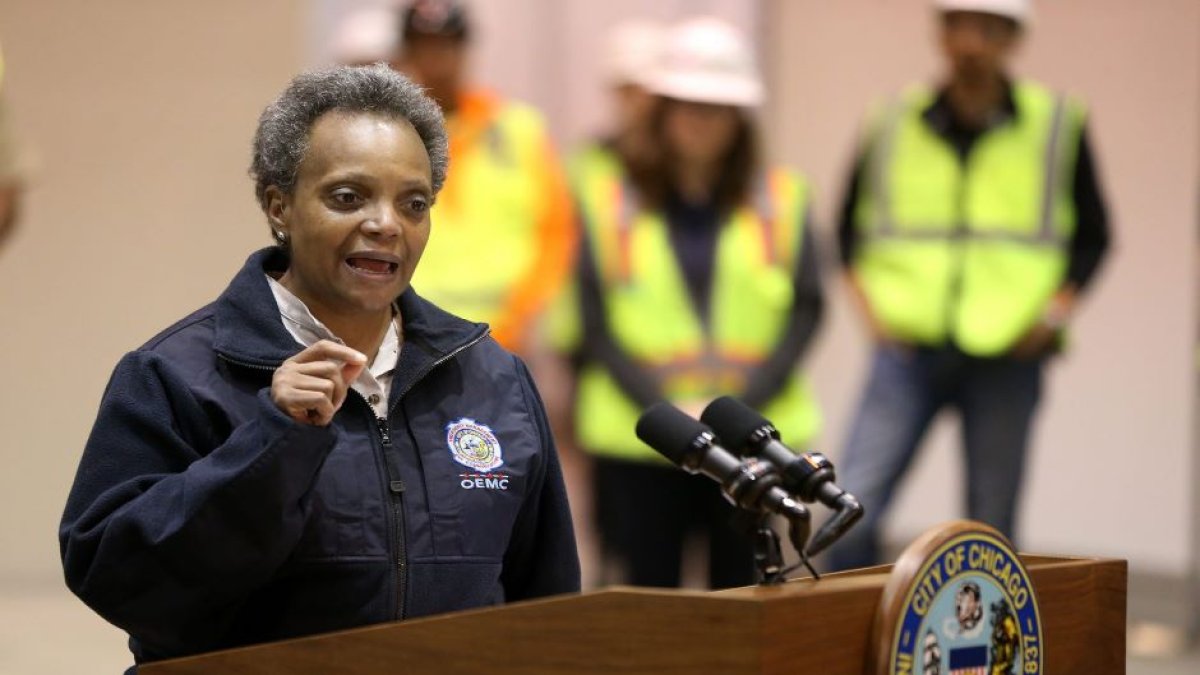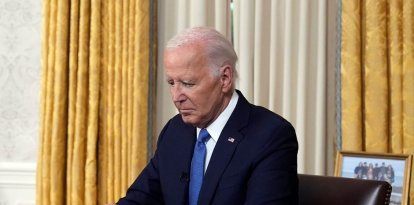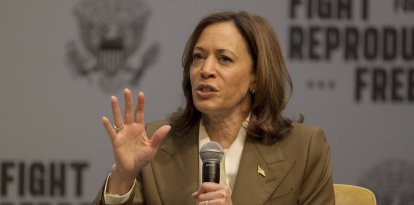Lightfoot blames her defeat in Chicago mayor race on her race and gender
The mayor came in just below the votes of Paul Vallas and Brandon Johnson, who will go on to the runoff election.

Cordon Press
Chicago Mayor Lori Lightfoot suffered a major defeat on Tuesday after coming in third place in the election and according to her the reasons for her failure were her race and gender.
Lightfoot faced eight challengers and failed to garner enough votes for re-election or even enough to make it to the April 4 runoff election, making her the first Chicago mayor in four decades to lose a re-election bid.
The results obtained by the Mayor can be interpreted as a clear message from Chicago residents about the need for change after a term of failures. However, Lightfoot preferred to attribute her defeat to the alleged unfair treatment she received for being a woman of color.
"I am a black woman — let’s not forget. Certain folks, frankly, don’t support us in leadership roles," she said, even though they once voted for her despite her race and gender. In fact, when Lightfoot was elected to take office, she became the first black, openly lesbian woman to serve as mayor of a major U.S. city.
For their part, Lightfoot's detractors have argued that the failure was actually due to the significant increase in crime in Chicago during her tenure as mayor, in addition to the lack of housing and the drastic reduction of police officers due to the politician's poor relationship with law enforcement.
"My message has been go out and change. Regime change is the only way we're going to fix this, and I think this was a loud and clear message that this woke agenda is not working for Chicago," commented one resident after the election.
Crime in Chicago
The mayor's policies such as the decriminalization of robberies in amounts less than $1,000, reduced sentences for offenders, in addition to Lightfoot's efforts to spare criminals from the consequences of their actions was bringing the city to a point of lawlessness that it had not experienced in decades.
In 2021, homicides increased so much that Chicago surpassed Los Angeles and New York with the highest homicide numbers in 25 years. In 2022, the Windy City was even named the nation's "crime capital" after registering a high homicide and overall crime rate.
Reduction of police officers
During Lightfoot's term, resignations in the Chicago Police Department became increasingly common. In 2022, as crime increased, the city was left without more than 1,000 officers and the number of new officers was also reduced, making it difficult for police officers to respond to emergencies.

























